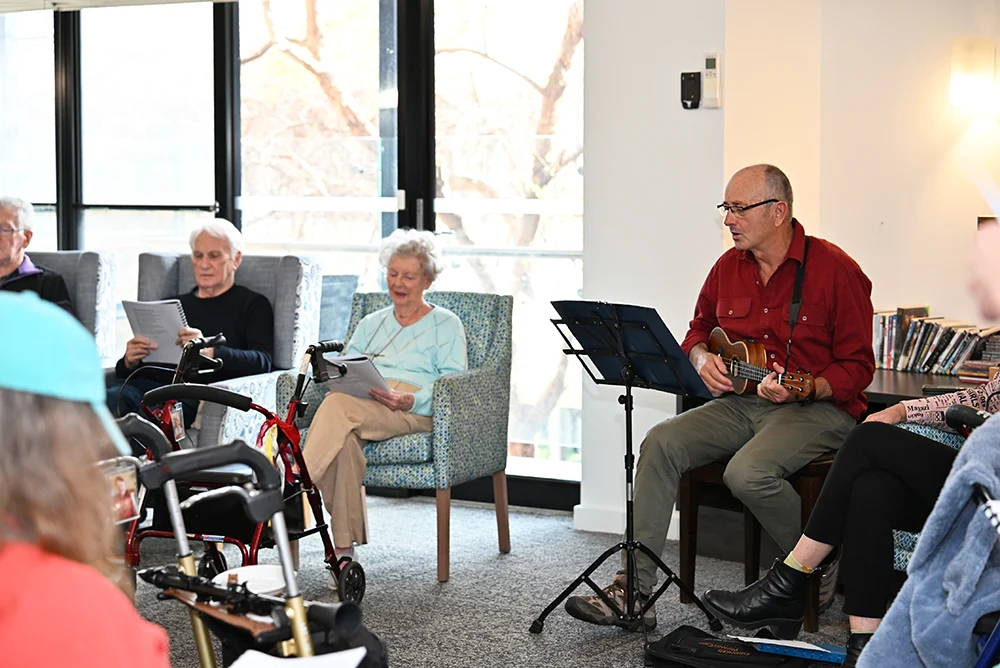5 Top Health Tips for the ‘Sandwich Generation’

If you are caring for a parent with declining health, some days can feel quite challenging. This can be particularly true for family carers who work outside the home and care for children or grandchildren, too.

The term ’sandwich generation‘ was coined to describe situations like this. There are around 1.5 million Australians ’sandwiched‘ between two generations needing care. And as our population ages, the number of family caregivers continues to climb.
Protecting the Health of Family Caregivers
Some ‘sandwich generation’ carers may feel like they can't provide the quality of care they feel their loved one deserves. Then, on top of all this there is the added worry associated with keeping everyone safe from COVID-19.
It can all add up to a great deal of anxiety for an already-weary family member.
Living with a continued state of anxiety may result in a health crisis for you, the caregiver
Daily exercise and consuming a well-balanced diet are two essentials for protecting your health.Here are a few additional tips for practising good self-care.
- Learn to meditate, and be more mindful: Meditation can help manage the stress and anxiety that most family caregivers experience. Pausing to meditate for just 10 minutes at the start of the day or during your lunch break can help you maintain better health. To get started, you can try one of these five handy mindfulness apps.
- Practice journaling: Another healthy practice for caregivers to explore is journaling. It's become very popular in recent years and for good reason. Writing down your thoughts and feelings is a great way to work through struggles and find solutions. Sometimes getting worries down on paper can free your time and change your perspective.
- Worry on Wednesdays: Another approach you may like to try is ‘Worry Wednesdays.’ A ‘Worry Wednesday’ entails writing down everything you are worried about and leaving non time-sensitive issues ‘til Wednesday to worry about them. You may often find many of these worries have sorted themselves out, or you feel differently about them by the time Wednesday roles around. This technique gives you permission to rest your mind.
- Join a support group: Though it may help to discuss your situation with friends, connecting with peers who understand and relate to your struggles can be particularly beneficial. You'll find in-person support group meetings in a variety of places ranging from retirement communities to churches. Online options are increasingly popular for participating in caregiver support group meetings and chats. There are a variety of them to investigate, including one specifically for carers of loved ones living with dementia.
- Use respite care: While many people feel duty-bound to care for their loved one, taking regular breaks can help you be the best version of you, and provide the best care you can. This is where respite care can be an ideal solution. At Mayflower, respite care is available through our in-home care services and in our aged care communities.
If you would like to learn more about respite care for an older person in your family, we encourage you to call Mayflower on 1300 522 273 to learn more or book a meeting. Our experienced team will be happy to help!










